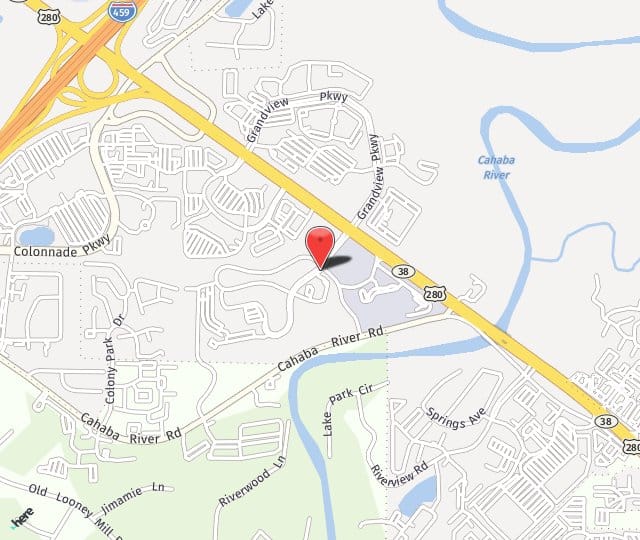
In this case, that’s not a sign of true love, it could be a sign it’s time to call Dr. Smith and have him check your heart’s rhythm.
What are the symptoms of PVCs?
In many people, premature ventricular contractions cause few or no symptoms. But for those who do feel symptoms, these are typical sensations you have in your chest:
- Fluttering
- Pounding or jumping
- Skipped or missed beats
- Increased awareness of your heartbeat
What’s going on?
Your heart has two upper chambers called the atria and two lower chambers called the ventricles. Your heart’s rhythm is normally controlled by the sinoatrial node — or sinus node. This is an area of specialized cells in the right atrium.
This is the natural pacemaker in your heart that produces the electrical impulses that trigger the normal heartbeat. From the sinus node, electrical impulses travel across the atria to the ventricles, causing them to contract and pump blood to the lungs and rest of the body.
PVCs are abnormal contractions that don’t begin in the sinus node, but in the ventricles. These extra contractions usually beat sooner than the next expected regular heartbeat. They disrupt the normal pumping order, which is the atria first, followed by the ventricles.
Why does this happen?
The causes behind PVCs aren’t always understood. Certain triggers, heart diseases, or changes in the body can make cells in the ventricles electrically unstable. Heart disease or scarring may also cause electrical signals to be misrouted.
Certain risk factors are associated with PVCs: caffeine, tobacco, alcohol, and illicit drugs; exercise; high blood pressure; anxiety; and heart disease.
Treatment
For PVCs, Dr. Smith is usually able to diagnose through an electrocardiogram or by having the patient wear a Holter monitor. Treatment isn’t always necessary, but frequent PVCs should be addressed.
Dr. Smith may recommend lifestyle changes such as decreasing caffeine or alcohol consumption, or the use of medications such as beta blockers. If these methods are effective, he’ll likely recommend radiofrequency catheter ablation, where RF energy is used to destroy the area of the heart tissue where the irregular electrical signals is originating.
Do you think you have premature ventricular contractions? Please call Birmingham’s heart rhythm expert, Dr. Smith, at (205) 510-5000.

